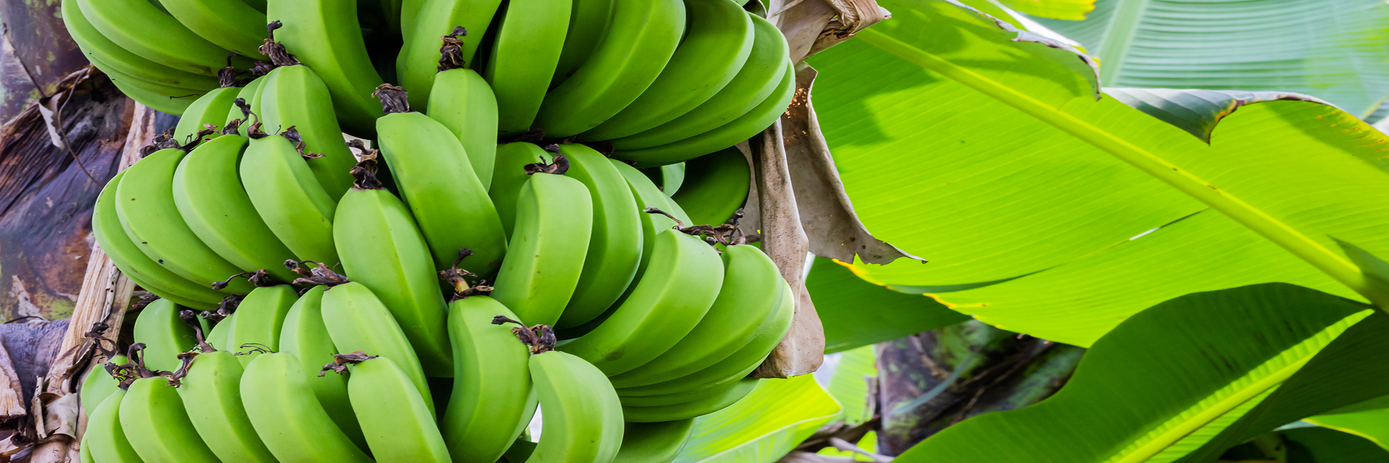One wouldn’t normally think about food endangerment, especially when faced with the abundance seen in grocery stores today. Popular food items like avocado, banana, honey, and a variety of maize are all already commercially endangered and face possible future extinction without immediate action.
Climate change and socio-economic decisions made in agricultural practices are contributing to the endangerment of these, and many more, species. Avocados need 9 gallons of water per ounce, and droughts, for example the one in California, have significant consequences. Additionally, the global honey supply has decreased by 40% in the last decade due to the waning honeybee population. Rice and wheat yields have also been negatively impacted by draughts and warm weather.
Bananas face a different plight, one which is largely a consequence of human agricultural practices. Bananas went through a cycle of commercial extinction in 1965, when the Gros Michel cultivar was impacted by the Panana disease, a fungal disease which wiped out the banana population. At the time, farmers relied on a single species for more than 90% of all bananas exported for consumption. Now, the Cavendish cultivar, which was considered an ‘inferior product’, is yet again a monoculture staple that is currently threatened by a new virus, Tropical Race 4 (TP4), which prevents infected bananas from absorbing water and nutrients from soil. Reliance on a single clone with no genetic diversity means reduced protection against outbreaks which are not well controlled using standard agricultural practices. Adaptation depends on the propagation and conservation of genetic variation.
To rapidly address these food endangerment issues, genetic characterization of the endangered species and new crop varieties is required. Next generation sequencing (NGS) is an ideal tool for the characterization of genetic information because the cost per sample is significantly lower and the amount of information gathered is much more than alternative solutions. Revvity has worked closely with world renowned agricultural genomic centers such as Texas A&M AgriLife Genomics and Bioinformatics Services to leverage and optimize NGS tools for agri-centric applications. Through such collaborations, Revvity’s expertise in NGS is advancing plant genomics research and supporting efforts needed to solve the challenges faced by the global agricultural industry today.
For research use only. Not for use in diagnostic procedures.


































